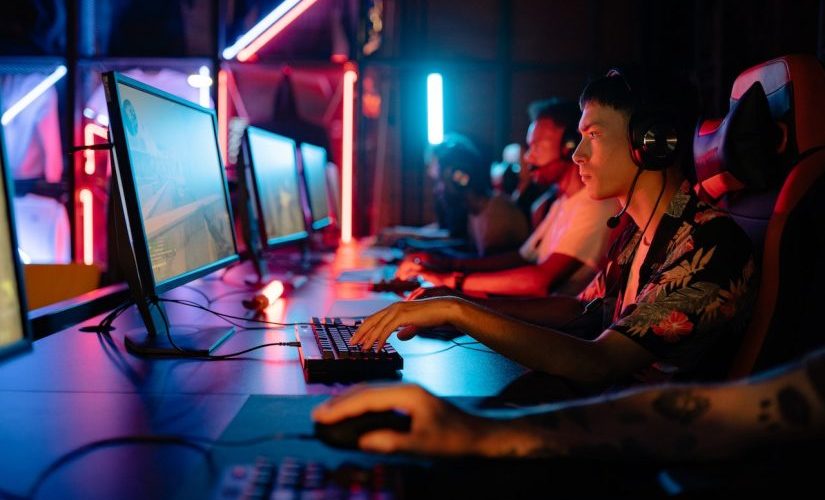A research team from the University of Chichester in England is to collate studies on stress levels in leading esports players.
Led by Dr Benjamin T Sharpe, academics will delve into the experiences that professional players face, focusing on how stress can lead to potential mental and physical health issues.
As featured in the study brief from the university, the esports industry has blossomed in recent years, with elite players capable of earning between $5-7 million throughout their careers. Last month, Readwrite featured the nearly $4 billion revenue posted by China’s esports industry in 2023.
The financial rewards are vast, but so is the toll on body and mind.
Computer games can be a compulsive activity. In addition, competitive esports brings with it a level of intensity in terms of vying with other players, the demands of large crowds watching on, and the impact of leaderboards and team expectations.
This field has only recently come under the spotlight of empirical study.
Expert insight
In leading the research for the Journal of Electronic Gaming and Esports, Dr Sharpe stated:
“Ongoing research endeavors employing a combination of methodologies persist in examining this subject, underscoring its pivotal role in safeguarding the enduring viability of esports and gaming, the players involved, and the sustainability of their professional careers.”
Lending further support to this investigation on psychology in esports, Dr Phil Birch, Senior Lecturer in Sport and Exercise Psychology, will provide editorial support for this journal issue.
He added, “More investigation regarding pressure in esports is certainly needed from perspectives beyond performance, behavioral, and cognitive psychology, including but not limited to clinical psychology, organizational psychology, educational psychology, and neuroscience.”
“As such, we hope the special issue attracts a wide range of research in the area to advance understanding.”
Submissions for the study are invited, with authors required to submit their work by May 13, 2024, via ScholarOne.




